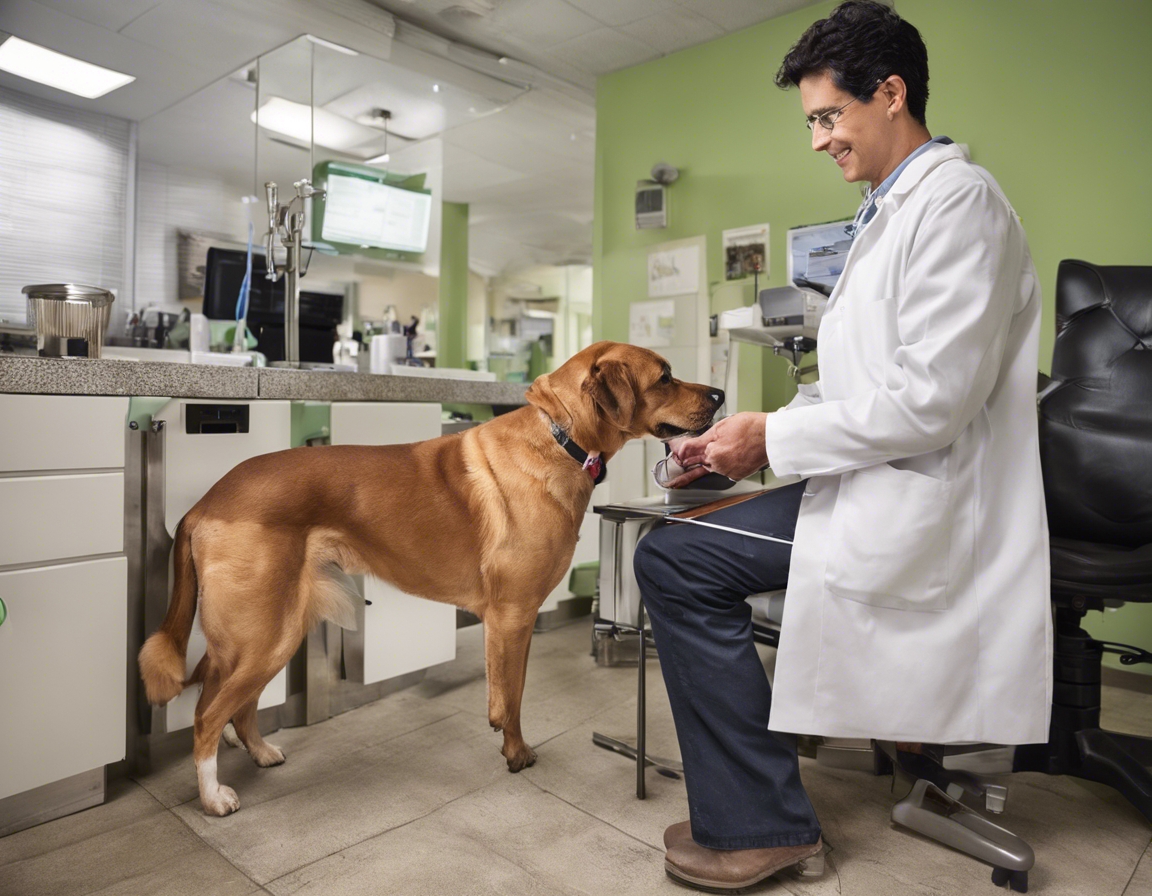The ultimate guide to pet nutrition
Proper nutrition is the cornerstone of a healthy life for our pets, just as it is for us. It's not just about feeding your pet; it's about feeding them the right way. The right diet can help prevent diseases, maintain a healthy weight, and promote a long and happy life.
Each pet is unique, and their nutritional needs vary based on species, breed, age, and health status. Understanding these needs is crucial for providing a balanced diet that supports their overall well-being.
Macronutrients for Pets
Proteins are essential for growth, repair, and maintenance of body tissues. High-quality proteins from animal sources are best for pets, providing all the essential amino acids they need.
Fats are a concentrated source of energy and are necessary for the absorption of certain vitamins. They also play a role in maintaining healthy skin and coat.
While not a dietary requirement for cats and some dogs, carbohydrates can be a part of a balanced diet, providing energy and helping to keep the gut healthy.
Vitamins and Minerals
Vitamins are crucial for metabolic processes. Pets need vitamins A, D, E, K, and B-complex in their diet to maintain health.
Minerals like calcium, phosphorus, and potassium are vital for bone health, nerve function, and overall cellular processes.
Special Dietary Considerations
Nutritional needs change as pets age. Puppies and kittens require diets rich in energy and nutrients, while seniors may need fewer calories and more joint support.
Active and working pets have higher energy and nutrient requirements. Their diets should reflect their increased needs to maintain optimal performance and health.
Obesity is a common issue in pets. A tailored diet can help manage weight and associated health conditions, such as diabetes or arthritis.
Reading Pet Food Labels
Understanding pet food labels is key to choosing the right product. Look for high-quality ingredients and a statement of nutritional adequacy from a reputable organization.
Feeding guidelines provide a starting point for how much to feed your pet, but adjustments may be necessary based on your pet's individual needs.
Homemade Diets and Raw Feeding
Homemade diets allow for control over ingredients but require careful planning to ensure nutritional completeness.
Raw diets for pets are controversial. While some advocate for their benefits, there are risks involved, such as bacterial contamination and nutritional imbalances.
Hydration and Your Pet
Water is essential for life and plays a critical role in digestion, temperature regulation, and waste elimination in pets.
Dehydration can be dangerous for pets. Recognizing the signs, such as lethargy and dry gums, is important for prompt intervention.
Supplements and Functional Foods
Supplements can be beneficial for pets with specific needs or deficiencies, but they should be used under veterinary guidance.
Functional foods contain ingredients that provide health benefits beyond basic nutrition. These can support various aspects of pet health, including digestion and immunity.
Common Myths and Misconceptions
Myths about pet nutrition can lead to poor feeding practices. It's important to rely on scientific evidence when making dietary decisions for your pets.
Understanding the science behind pet nutrition helps ensure that pets get the right balance of nutrients for a healthy life.






Comments (0)